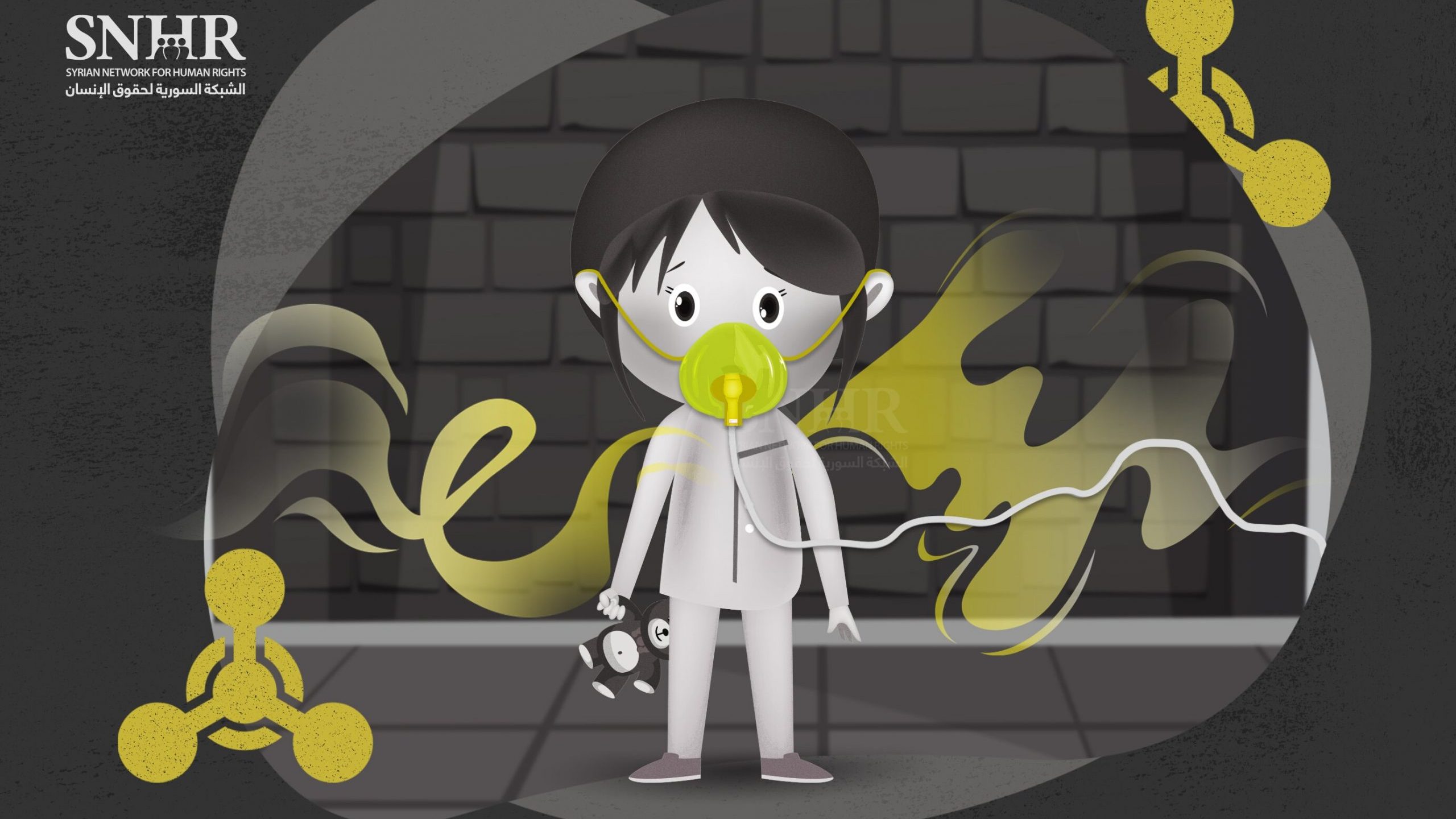The U.S. Department of Treasury’s Office of Foreign Assets Control (OFAC) updated its sanctions list to include more individuals and entities in Syria, Iran, and Uganda.
OFAC designated two senior Syrian Air Force officers responsible for chemical weapons attacks on civilians and three senior officers in Syria’s repressive security and intelligence apparatus.
These senior officials and the organizations they are associated with have imprisoned hundreds of thousands of Syrians who peacefully called for change. Moreover, at least 14,000 prisoners in Syria have allegedly died as a result of torture.
Tawfiq Muhammad Khadour is a major general in the Syrian Air Force (SAF), currently in command of the 22nd Air Division. On February 25, 2018, while Khadour commanded the 30th Brigade of the SAF at Dumayr Airbase, airstrikes from the airbase against the Eastern Ghouta dropped chemical barrel bombs throughout the area, killing civilians.
On April 7, 2018, an attack on Eastern Ghouta launched from Dumayr Airbase, still under the command of Khadour, included at least two chlorine barrel bombs and a guided missile attack on a humanitarian facility, rendering it inoperable and killing dozens of civilians.
Muhammad Youssef al-Hasouri is a Major General in the SAF in command of the 70th Brigade at T-4 Military Airbase. Hasouri previously served as the deputy commander of the 50th Brigade of the Syrian Air Force at al-Shayrat Airbase.
Hasouri personally carried out numerous airstrikes killing Syrian civilians, including chemical weapons attacks. This includes the notorious April 4, 2017 sarin attack at Khan Shaykhun, which killed at least 87 people and for which the European Union sanctioned him.
Read Also: Mekdad in Tehran: Syria and Iran to Boost Strategic Relations in Face of U.S. Sanctions
Adeeb Namer Salameh is the Assistant Director of Syrian Air Force Intelligence (SAFI), an integral component of the Assad regime’s repressive security apparatus. Treasury previously designated SAFI on May 18th, 2011, for its role in the Assad regime’s violent response to civil society protests, including the use of live ammunition against protesters by SAFI forces.
Salameh was previously head of SAFI’s Aleppo Branch, wherein he was described as one of the most extreme officers and prominent symbols of the Syrian regime’s crimes. Salameh was the first to transform a “Shabiha,” a term for local criminal gangs, into an irregular militia force under regime control.
The militia that Salameh commanded was reportedly responsible for torture, killings, and kidnapping for ransom in the countryside surrounding Salamiyeh, Syria. Salameh gained the nickname “Aleppo’s president” after imposing his influence on all the security branches, authorities, and merchants of Aleppo. Salameh has been implicated in major corruption cases for having received large sums of money in exchange for protecting factories and appointing himself as a partner to major investors in Aleppo.
Qahtan Khalil (Khalil) is a senior SAFI official and is the head of the Security Committee in the South of Syria. He is one of the SAFI officers accused of direct responsibility for the notorious Daraya massacre, which left hundreds dead in the suburbs of Damascus in 2012.
Opposition welcomes
The Syrian National Coalition (SOC) welcomed the U.S.’ new sanctions.
In a statement, SOC said it welcomes the U.S. efforts to hold “war criminals accountable in Syria.”
“The U.S. administration can proceed and collect the necessary international mandate to implement international resolutions. All that global action requires legal cover is available under Resolution 2118 and the reports of the international investigation committees, which confirmed the regime’s responsibility for violating the resolution and its use of chemical weapons against civilians, thus activating Chapter VII. of the Charter of the United Nations,” SOC added.
“The horrific war crimes committed by the regime over the past ten years … require a powerful international mechanism to confront it and hold those responsible to account, which can only be achieved through the serious implementation of international resolutions,” SOC concluded.
This article was edited by The Syrian Observer. The Syrian Observer has not verified the content of this story. Responsibility for the information and views set out in this article lies entirely with the author.


